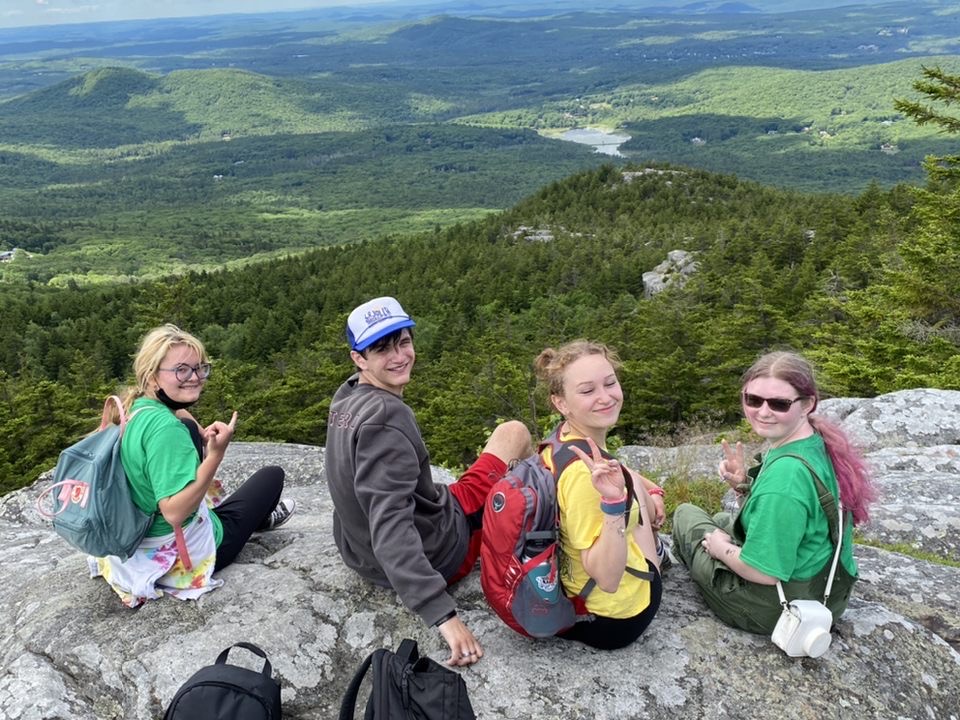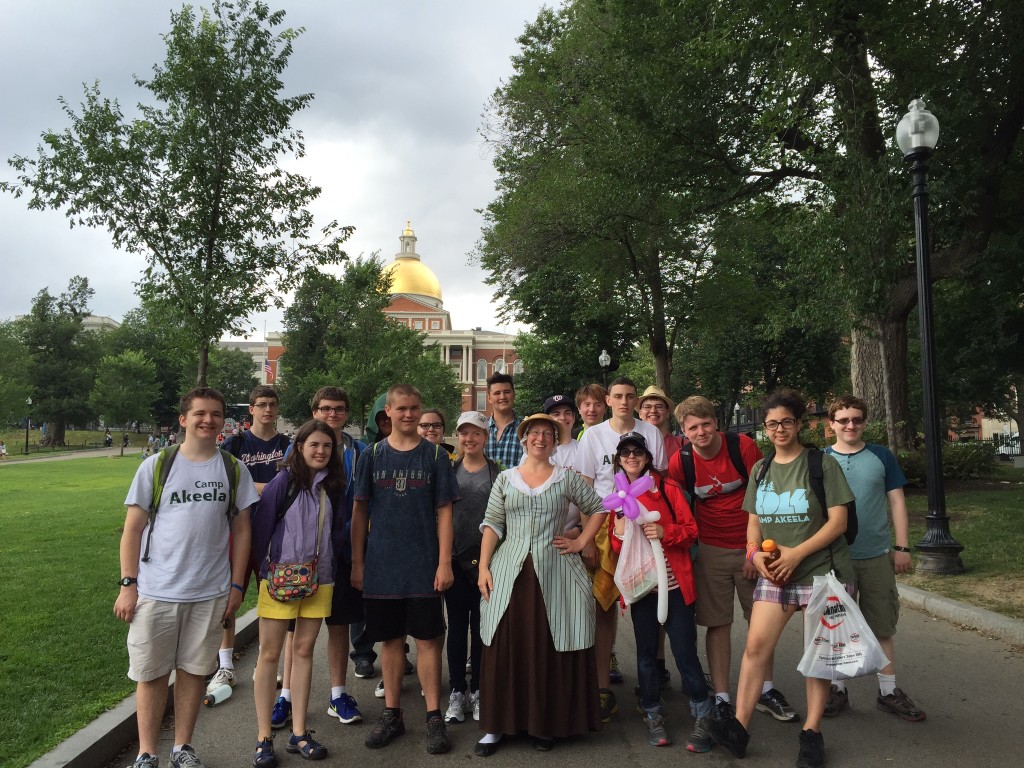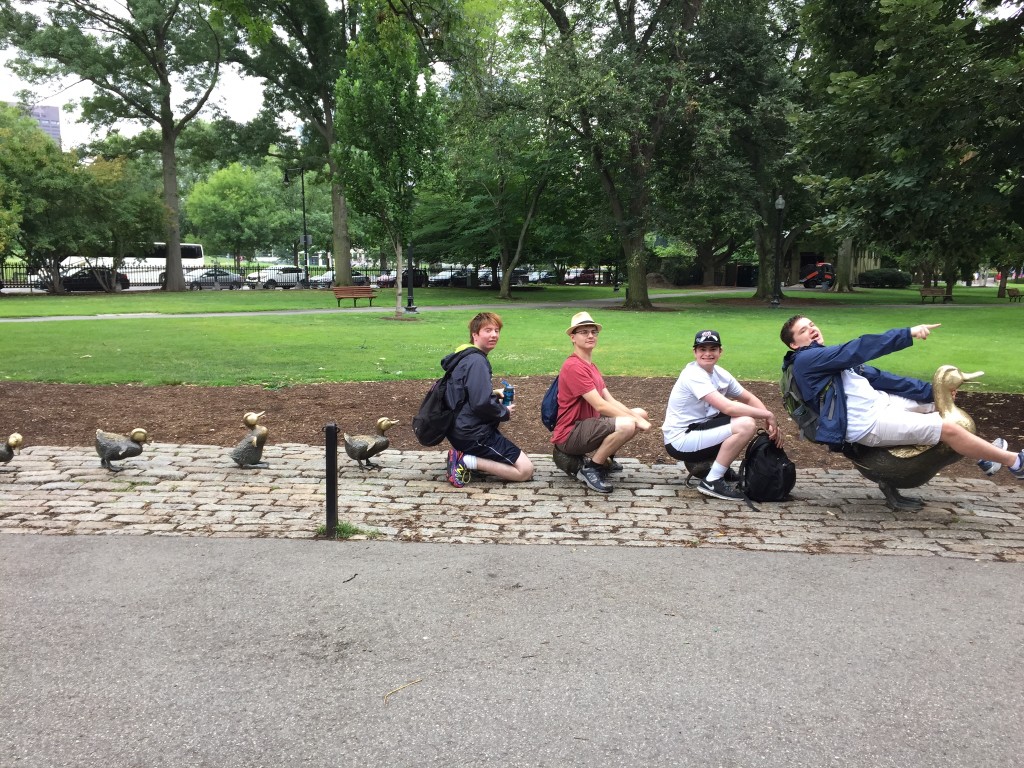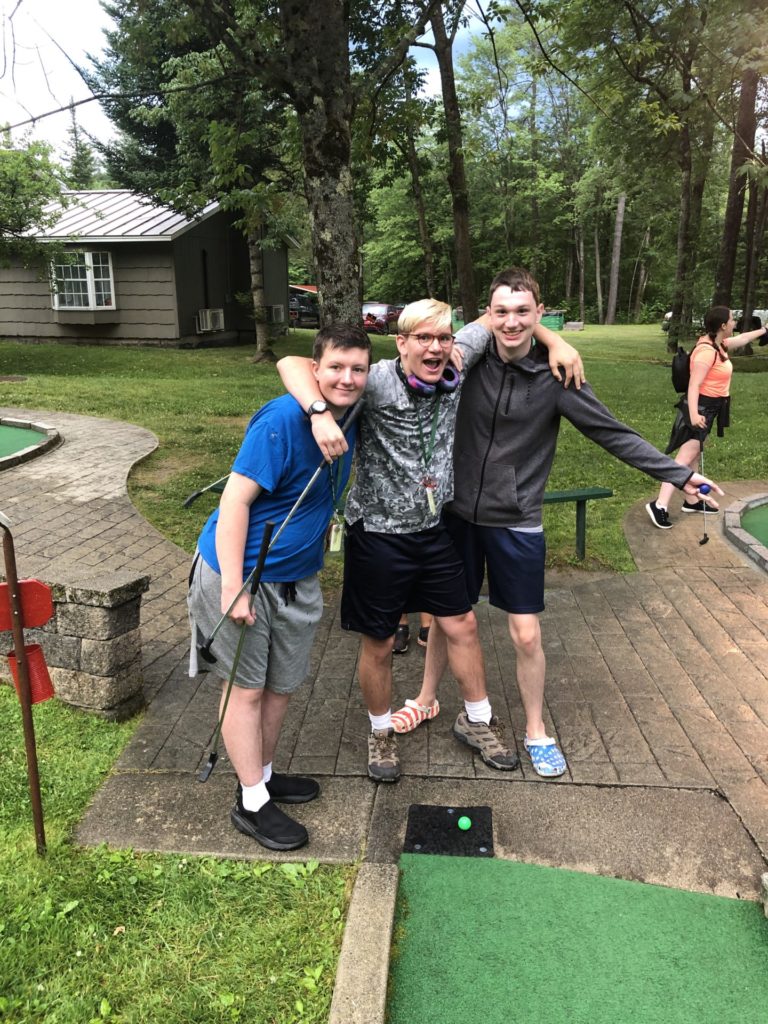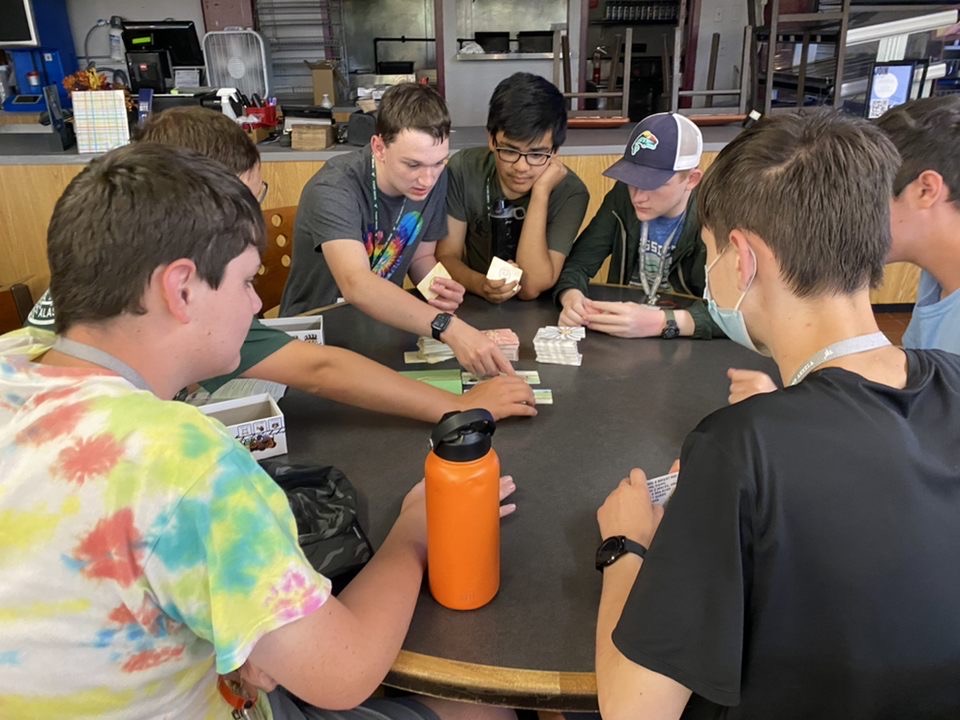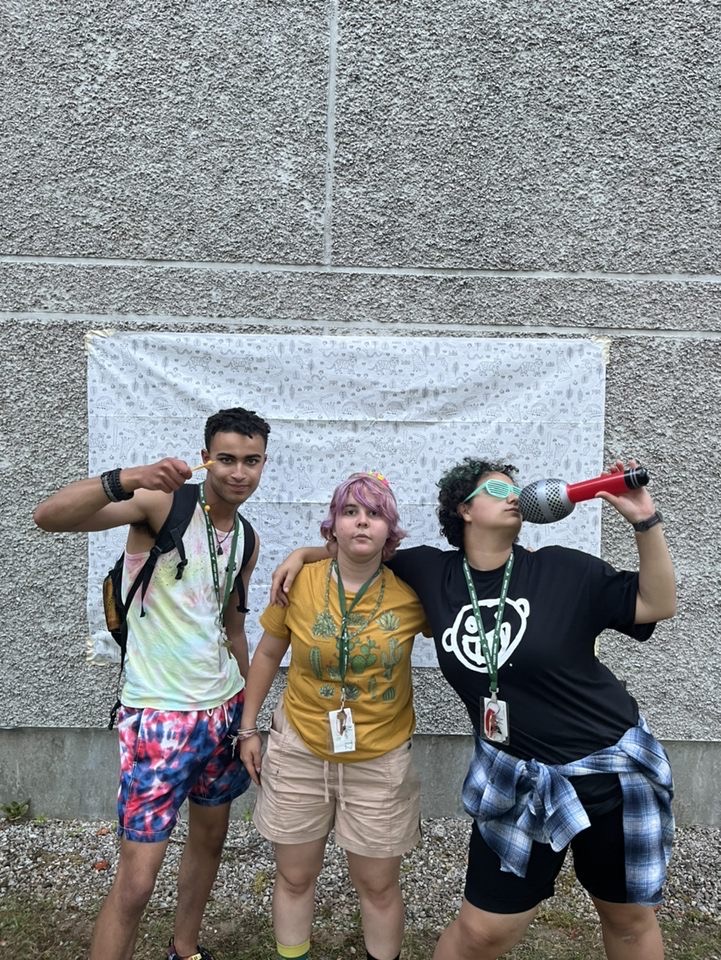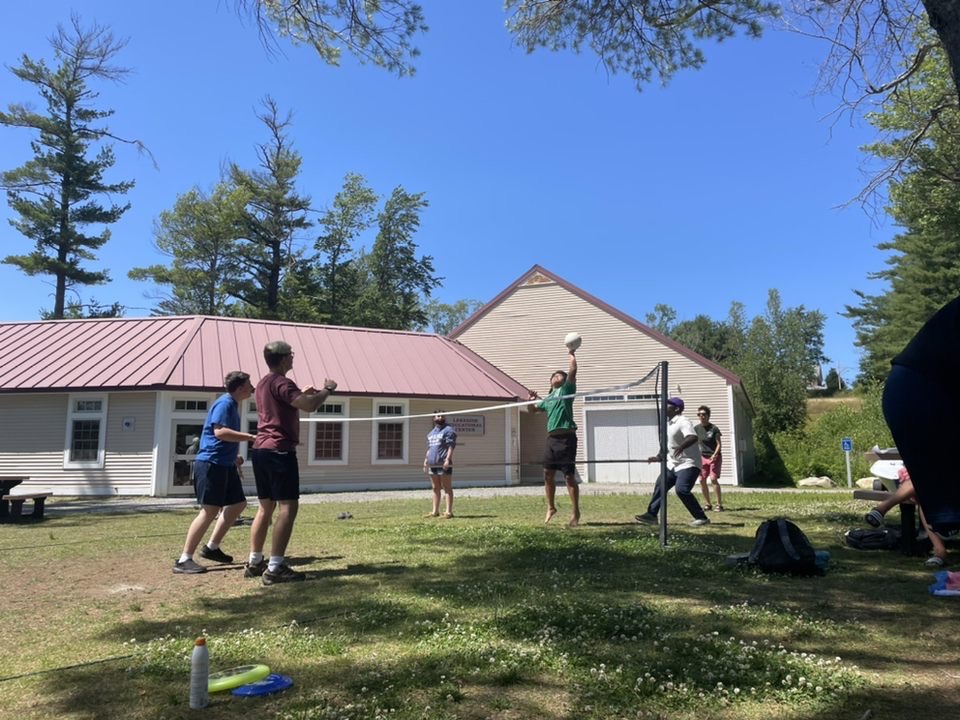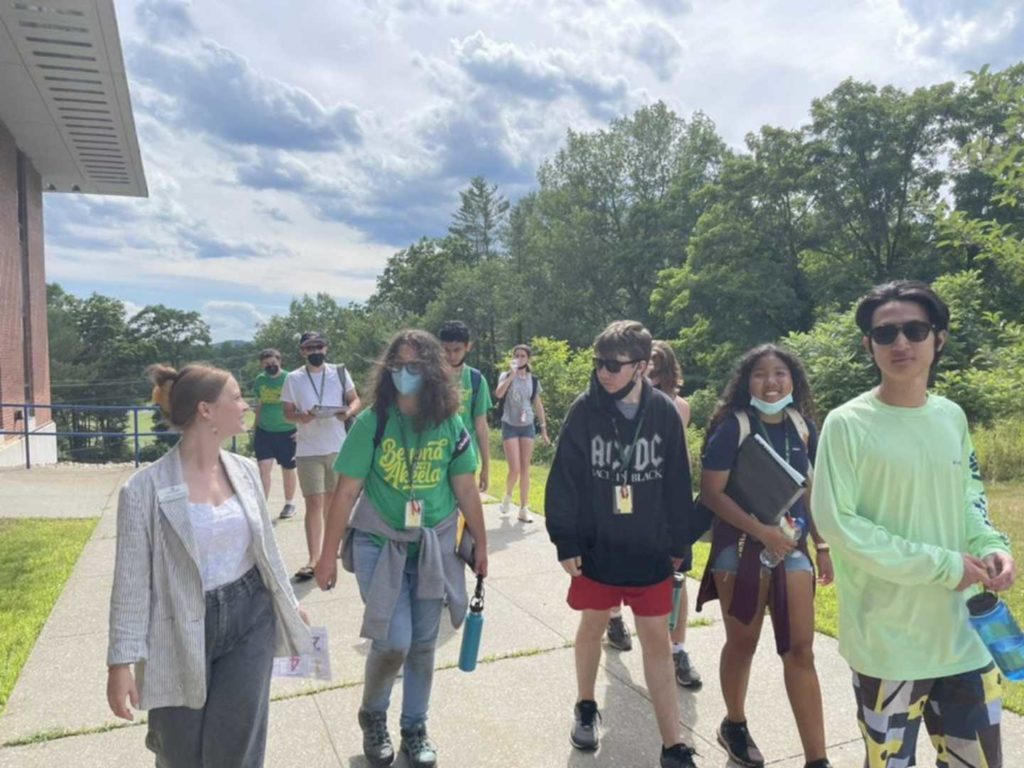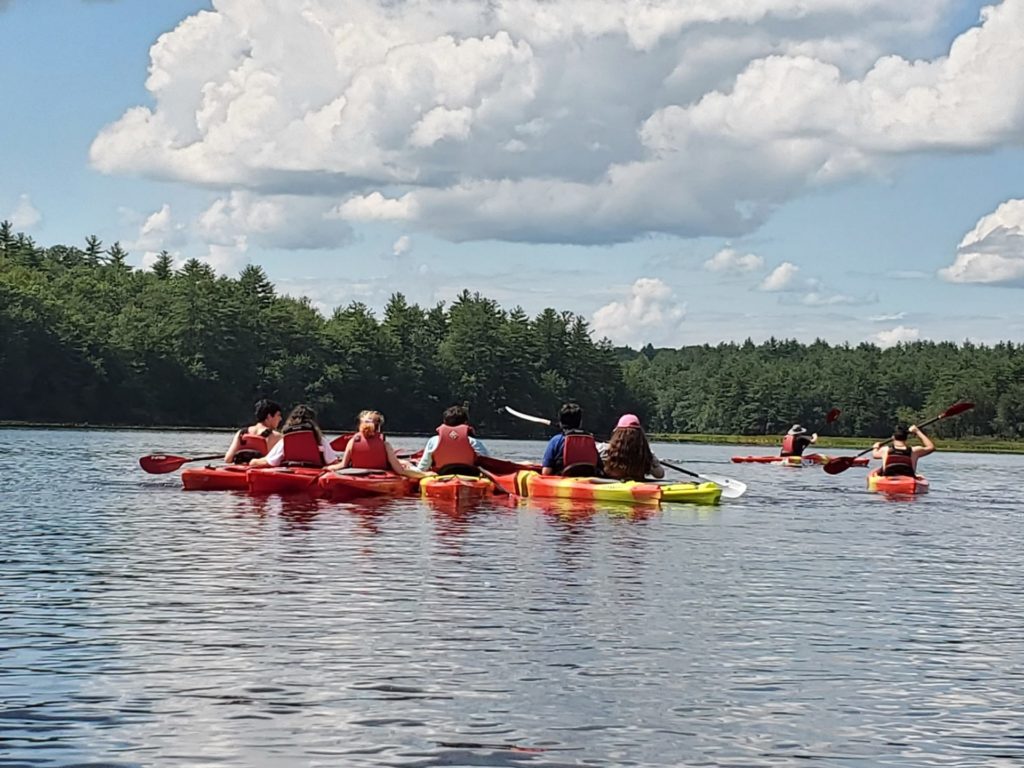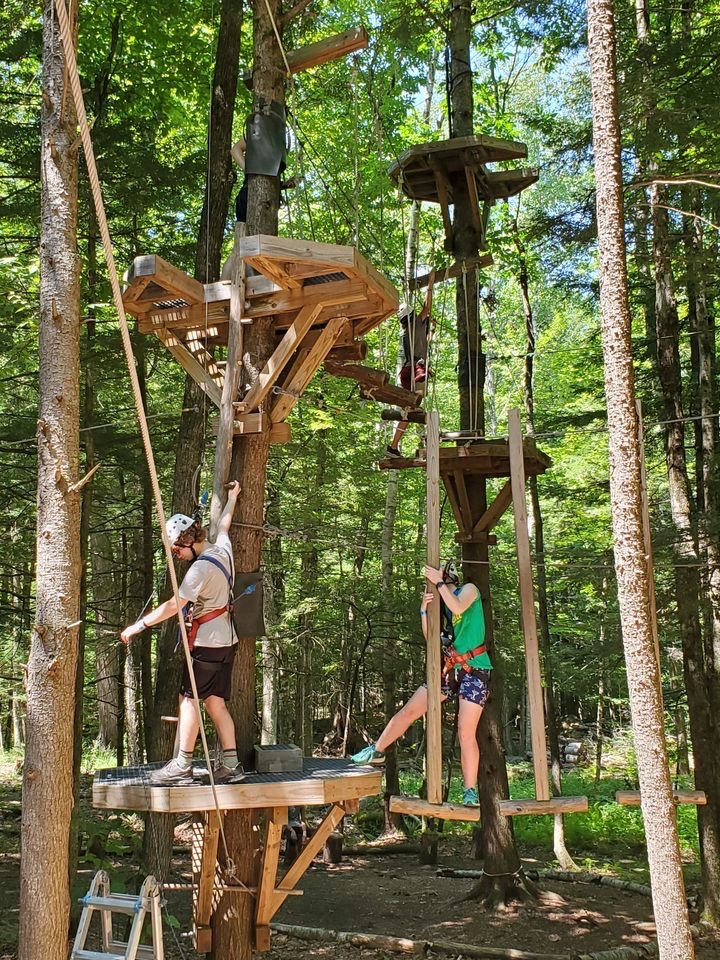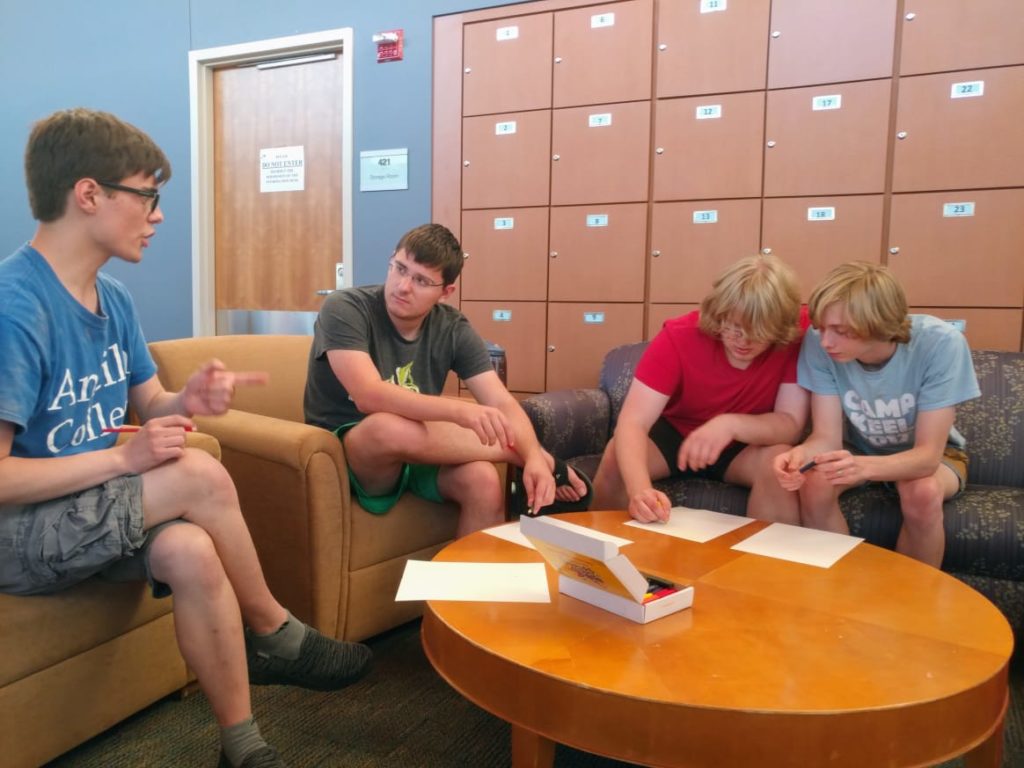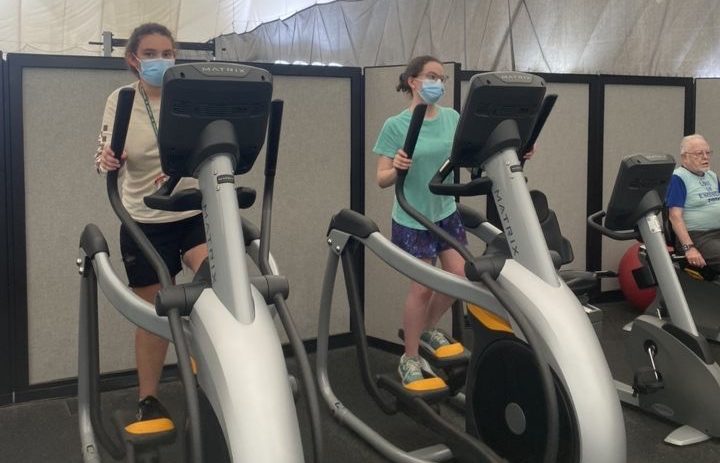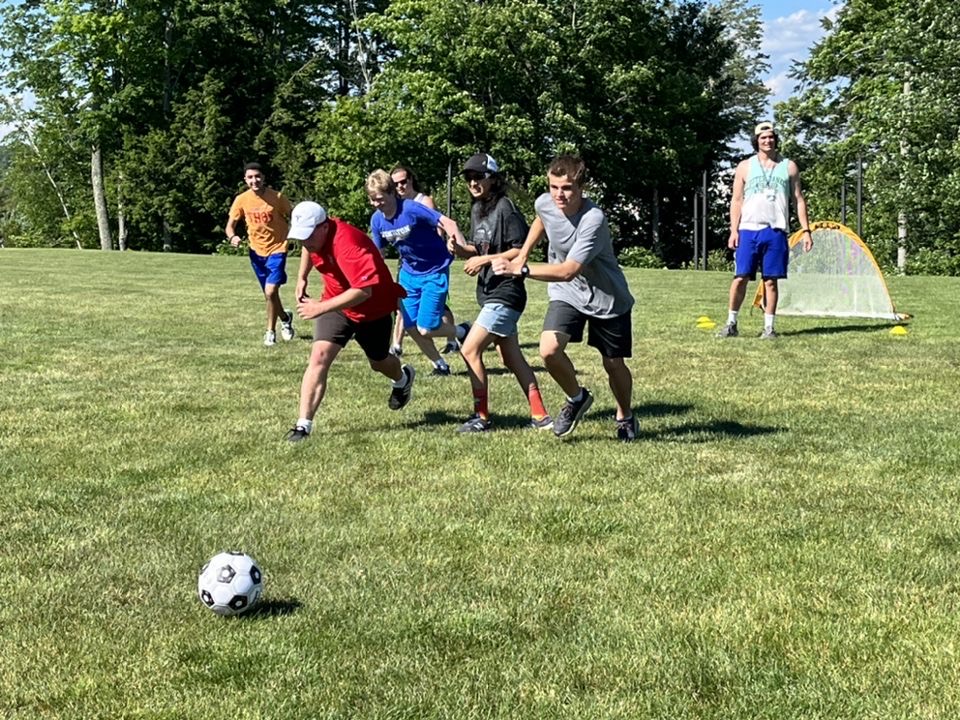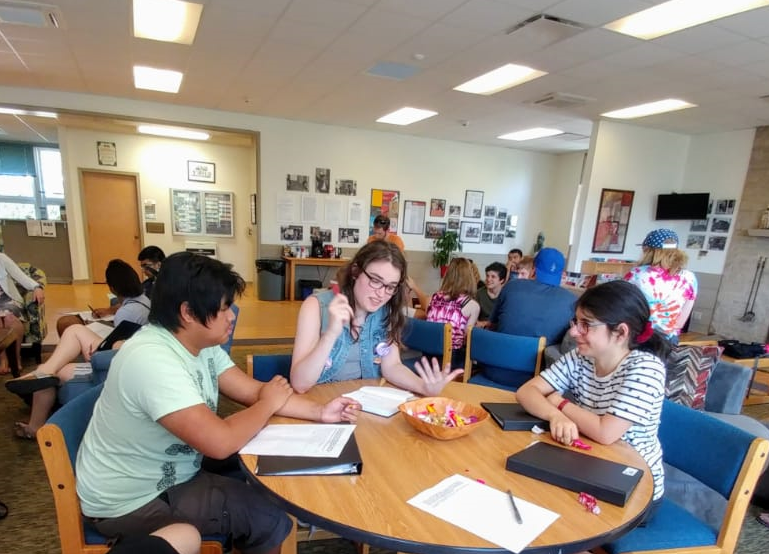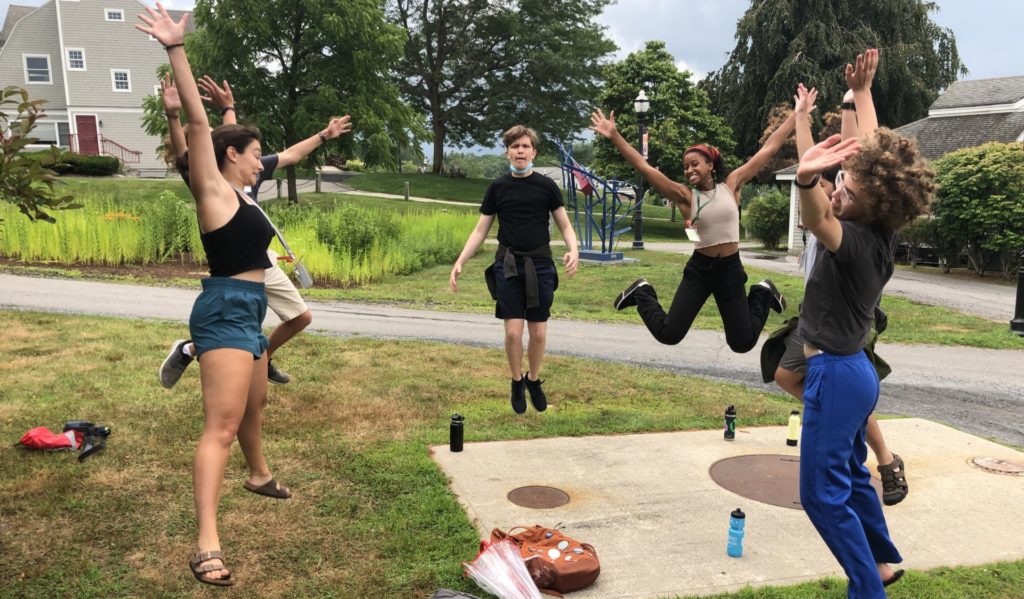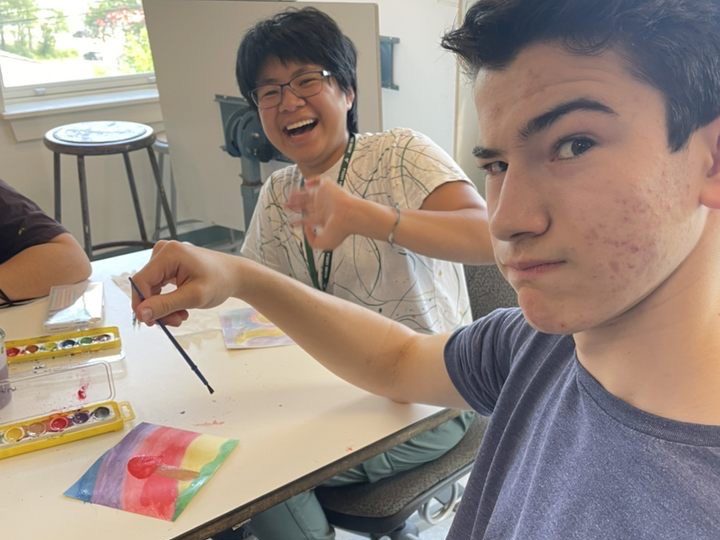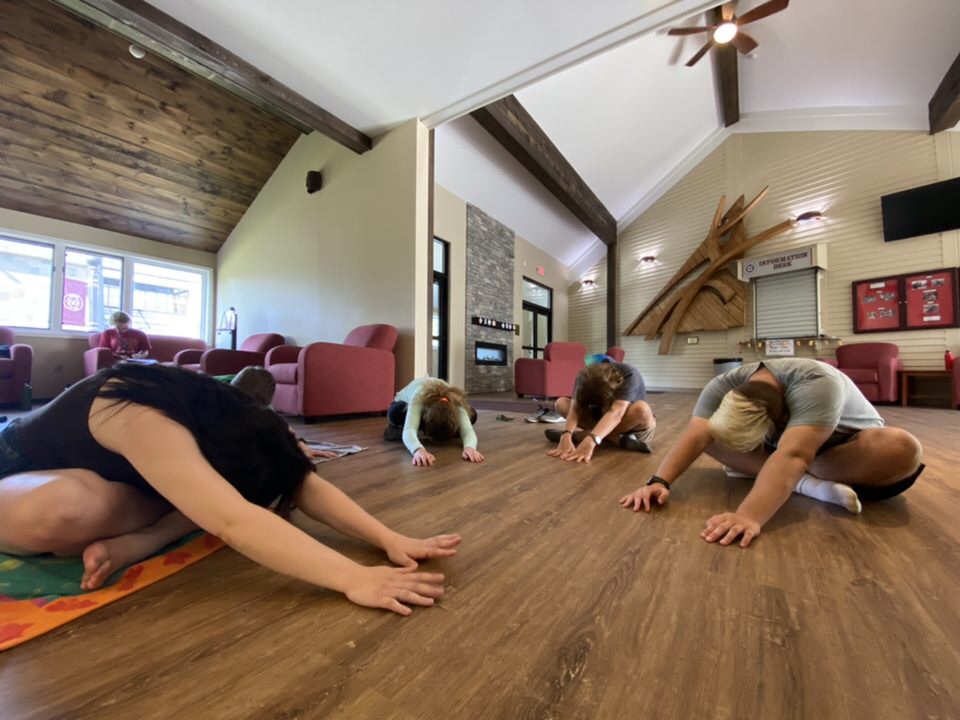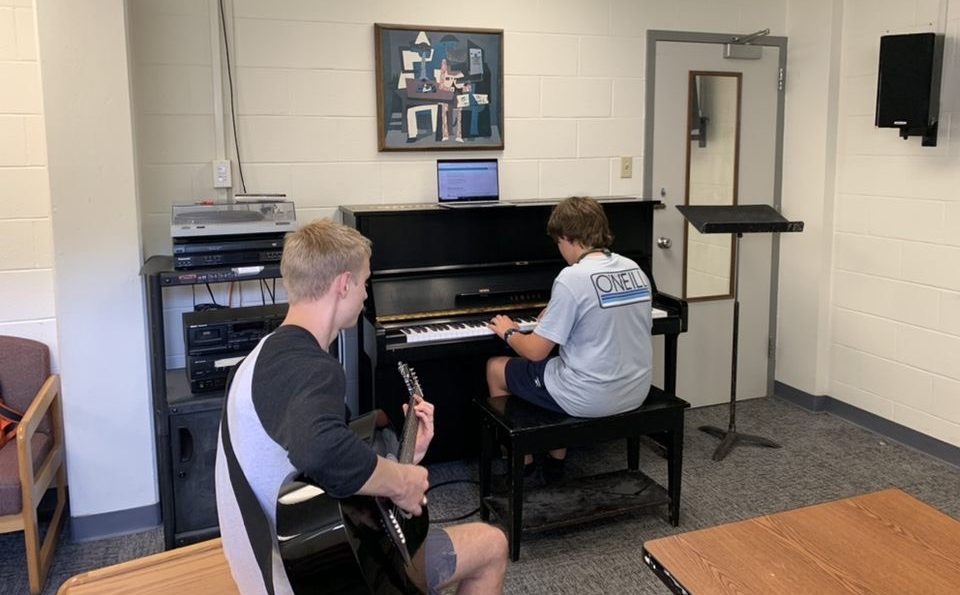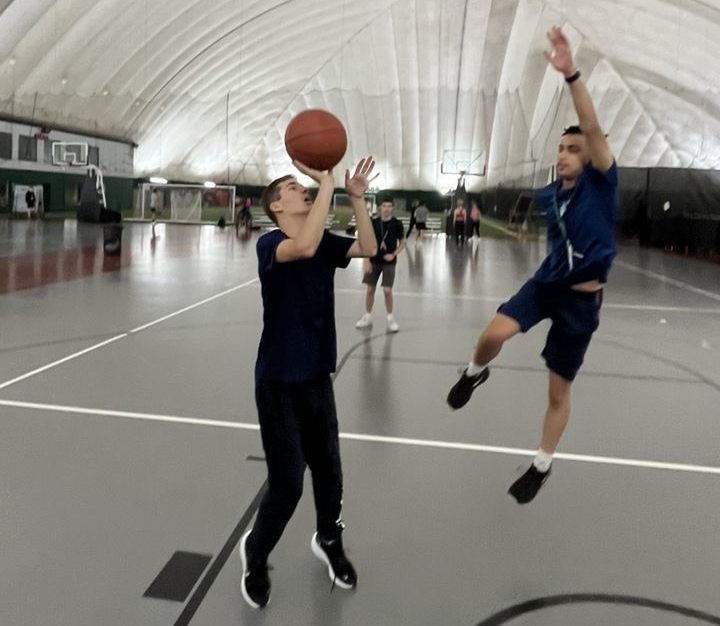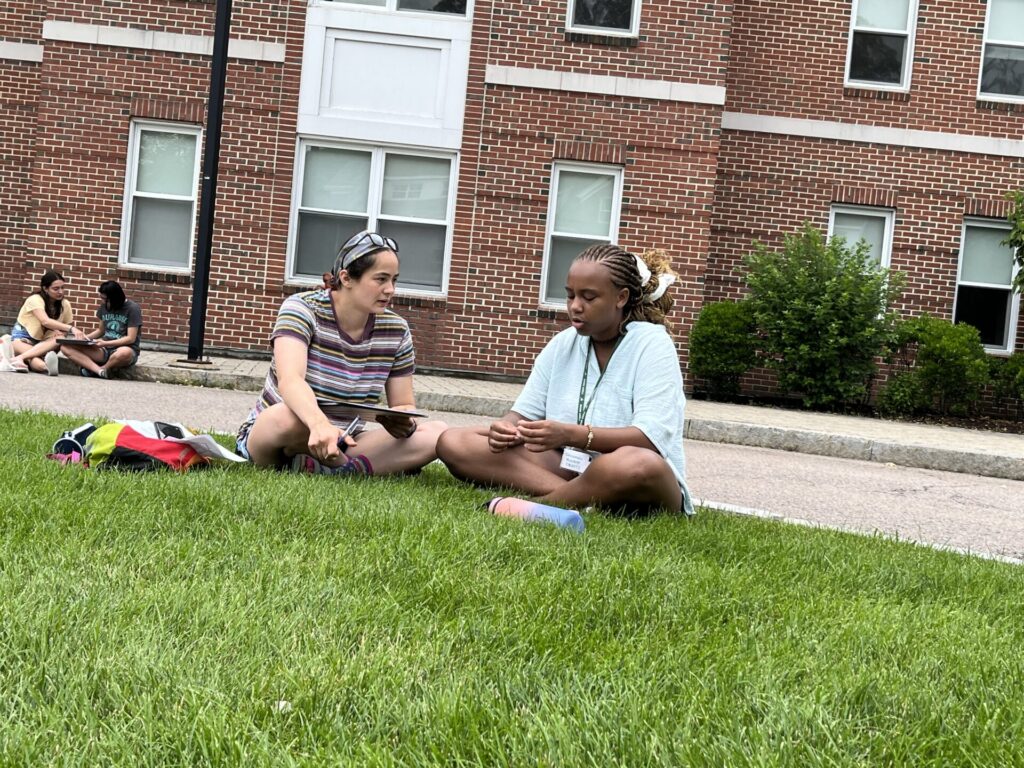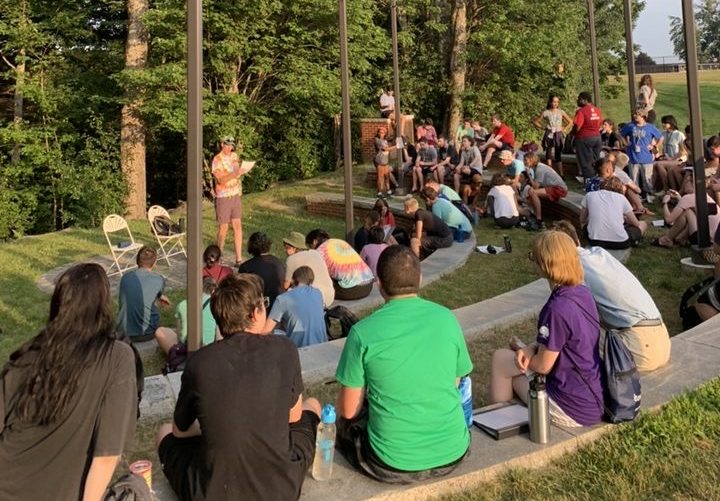As neurodivergent teens embark on another year of their high school journey, we’ve been reflecting on how Beyond Akeela compliments their time in school. School presents opportunities for neurodivergent teens to better understand how they learn. It establishes an academic foundation to leverage in college. Summer programs offer opportunities for neurodivergent teens to foster essential non-academic soft-skills that are not honed as well in school settings.
Summer programs designed for teens with unique learning needs are increasingly recognized as pivotal in fostering crucial life skills. A recent article, “Reality Check: Are High Schoolers Ready for College?” published on TeenLife, emphasizes that developing key non-academic skills are equally, if not more important, to college success. These programs help participants build time management, self-awareness, and social skills—all of which are vital for a successful transition to adulthood and college life.
Time Management: The Key to Independence
One of the most common challenges teens face is time management. A noticeable differences between high school and college is the structure of classes and when learning happens. High school presents a rigid schedule filled with classes where most of the learning & work occurs. In college, conversely, classes fill much less of the average day. Most learning & studying occurs independently outside the classroom.
For neurodivergent teens, the challenge of this transition can be even more pronounced, making summer programs an essential intervention. Neurodivergence often presents as difficulties with executive functioning, the set of mental processes that help with planning, focusing, remembering, and juggling multiple tasks. Summer programs provide a space for teens to build and practice these skills without the pressure of academic deadlines. With personalized support and smaller groups, programs provide tools and strategies for neurodivergent teens to improve their time management skills.
Attending summer programs requires teens to adapt their daily routines to a new schedule, especially in overnight camp settings. Programs providing schedules that vary day-to-day give neurodivergent teens the opportunity to practice managing their time effectively in new settings. For example, on a typical day at Beyond Akeela, a teen may have to balance their needs to go grocery shopping, complete their laundry, and spend some social time with friends. By doing so, they begin to grasp how to balance multiple tasks, stick to schedules, and meet deadlines—skills that are not only essential for college life but also adulthood.
Developing Self-Awareness: Understanding Strengths and Needs
Self-awareness is another critical skill for neurodivergent teens. It involves recognizing one’s strengths, challenges, emotions, and the impact these factors have on day-to-day life. This self-knowledge is especially important for teens preparing to navigate environments where independence and self-advocacy are key, such as college or the workplace.
Summer programs offer neurodivergent teens the chance to explore and understand how they process information and emotional triggers in a supportive environment. For example, a teen participating in a coding program may realize that they work better when given more time to process instructions. They may identify that they excel in collaborative settings but need to improve their focus when working alone. These insights can help them advocate for the accommodations they need in future academic or social situations.
Moreover, self-awareness extends beyond academic abilities. Emotional regulation and understanding are equally important. Neurodivergent teens can often feel overwhelmed by their emotions or find it difficult to express themselves. Many summer programs for neurodivergent teens incorporate coaching through mindfulness, journaling, or counseling services, which allow teens to explore their emotions and better understand how to manage them. This increased self-awareness leads to improved emotional resilience and self-confidence, both crucial for navigating the complexities of social and academic life.
Building Social Skills: Connection and Communication
Social skills are another essential area of development for neurodivergent teens. Summer programs create opportunities for practicing these skills in real-world settings. Neurodivergent individuals may find social interactions challenging, whether due to difficulties with communication, understanding social cues, or managing anxiety in group settings. Summer programs are designed to help teens practice these interactions in a supportive, low-pressure environment.
For example, camps or summer programs focused on team-building activities, such as group projects or outdoor adventures, offer neurodivergent teens the chance to engage with peers in a structured way. These settings allow them to practice initiating conversations, sharing ideas, and collaborating with others—all while receiving in-the-moment feedback and guidance from trained staff. Over time, these experiences help teens gain confidence in social situations and develop meaningful relationships with others, skills that are critical for success in college and adulthood.
The TeenLife article highlights that high schoolers, in general, struggle with communication and collaboration as they transition to college. For neurodivergent teens, these challenges can be even greater. However, summer programs specifically tailored for them can bridge this gap, offering targeted social skill building that equips them to thrive in future environments.
Conclusion: Setting Teens Up for Future Success
Summer programs designed for neurodivergent teens offer much more than just a break from academic stress. By focusing on time management, self-awareness, and social skills, these programs provide the tools and experiences that neurodivergent teens need to navigate life’s challenges more confidently. With these essential skills in place, they are better equipped to face the demands of college and adulthood. As the TeenLife article underscores, preparing for college isn’t just about academic readiness—it’s about building the life skills that will help teens succeed in every aspect of their future.



